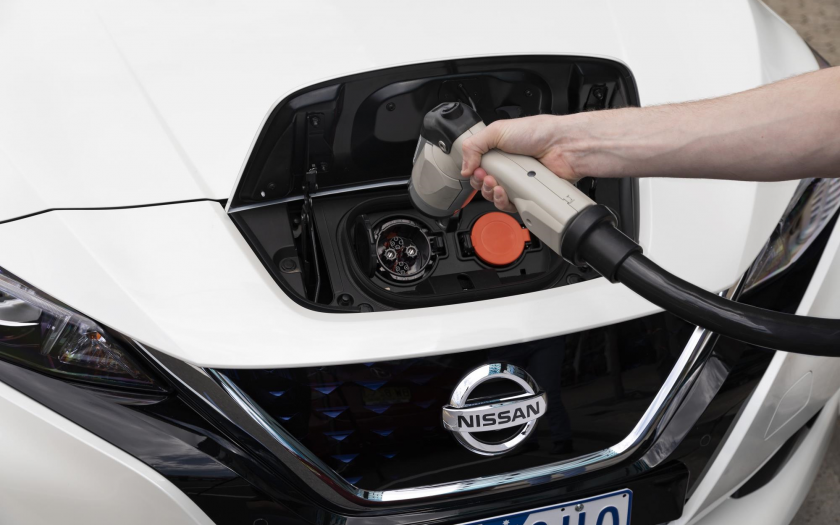WHILE THE AUSTRALIAN GOVERNMENT buries its head in the sand about climate change and alternative power sources, the British government has brought forward plans to achieve zero carbon emissions by 2050.
A major step towards this objective is the banning of all petrol, diesel and hybrid vehicles by 2035 (until last week, it was 2040). In fact, British PM Boris Johnson has suggested a ban on the sale of new petrol and diesel car would come about even sooner than 2035, if possible. Hybrid and plug-in hybrids, previously not covered by the ban, have now been included.
Once the ban is in place, people will only be able to buy electric or hydrogen cars or vans. The stated reason for bringing the date of the ban forward is that the previous target date of 2040 would mean conventional petrol and diesel cars would still be on British roads after the clean-up deadline of 2050.
Of course, you don’t need a crystal ball to see that the effect of the ban will have an effect much sooner than the date of its implementation. As the date gets closer, fewer and fewer people will want to buy a petrol, electric or hybrid vehicle because, after 2035 it will be virtually worthless. Conversely, as we saw in Australia with the end of V8-engines in Holdens, some people will rush in to buy cars with combustion engines for the final time.
At present, there is no UK-wide scrappage program in place for petrol or diesel cars, and there is no indication that the government is considering introducing one. In 2035, you will still be able to buy a second-hand petrol or diesel car, and continue to drive one you currently own.
Despite a generous subsidy of £3500 for people buying electric vehicles, electric vehicles make up less than one percent of the total number of cars on UK roads. Battery electric vehicles made up just 1.6 percent of vehicles sales in the UK in 2019 while hybrid vehicles managed a 4.2 percent share. In contrast, petrol vehicles held a 64.8 percent share and diesel 25.2 percent.
Diesel will probably not be banned outright, but some urban centres are likely to discourage users by charging a fee to enter (London, for example, charges diesels that don’t meet Euro 6 regulations £12.50 a day to enter its Ultra Low Emissions Zone).
The challenges for the UK to meet its goal will be considerable:
- Much of the existing workforce will need to be retrained in the production of electric vehicles,
- Engineers and designers will need to be trained to develop the next generation of electric vehicles,
- Battery research will need to be increased,
- Charge points will need to be installed, as well as other means of meeting the increased demand for electricity,
- Battery packs will need to be improved so they last longer (the aim is a 15-year life and 95 percent recyclable – in 2017, average life was eight years and only 10-50 percent of the battery could be recycled),
- Hydrogen fuel cell research must be accelerated and a refuelling network expanded (there are currently just 17 hydrogen refuelling stations in the UK),
- And it all costs money. Lots of it.
Ready or not, the future is coming.
